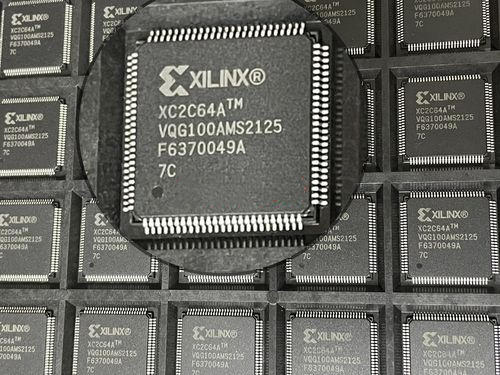It is no news that TensorFlow has aided in the improved design of Machine Learning (ML) and enabling the penetration of the same into different industries. Recently, TensorFlow on FPGA has become a topic and so many people are wondering if there is anything relevant about that integration.
Indeed, the integration of TensorFlow on FPGA can be a gamechanger for the configurable device market, where Field Programmable Gate Arrays (FPGAs) and Microcontrollers (MCUs) hold sway.
So, in this article, we are going to be talking about how TensorFlow can help both MCUs and FPGAs and the core driver of that integration.
Why FPGAs?

Field Programmable Gate Arrays or FPGAs for short are programmable logic gates that can be used to reprogram or remodel an existing device. They came in handy at a time when so many devices are either malfunctioning or require a factory reset to get them working.
By reprogramming these devices, it saves time, money and gives way to numerous opportunities of making newer designs out of the existing devices.
TensorFlow has been in use in the Machine Learning (ML), but it appears now to be making a foray into the FPGA market.
What can it do differently? First, the integration of TensorFlow on FPGA helps to “bring ML to configurable devices,” by way of boosting the “intelligence” of these devices. These devices, now powered to a considerable extent by ML, can now process data faster and rely less on external factors like internet connectivity and expensive hardware.
At a time when more devices are becoming “smart,” it is a gamechanger for TensorFlow to bring ML into the FPGA market and make the configurable devices truly smarter and more efficient.
From the Cloud to Circuit Boards
Before now, Machine Learning (ML) solutions have been deployed to the cloud, with these solutions relying mostly on internet connectivity. ML also requires expensive hardware, leads to higher latency and can consume much power.
The reverse is the case now that TensorFlow on FPGA solutions have been provided. Machine Learning (ML) solutions would now not only be deployed to circuit boards and Microcontrollers (MCUs). They would also bolster the capabilities of the target devices, especially in the areas of performing core ML tasks, ranging from voice recognition to image detection.
Challenges to Working with TensorFlow on FPGA
Although the opportunities are massive and the ML solutions are breathtaking, considerations must also be made for the challenges.
The potential loopholes in delegating TensorFlow on FPGA include:
1. Device Limitations
For now, only a limited number of devices can work with the TensorFlow solutions for FPGAs and MCUs. Most especially, powerful devices like Raspberry Pi and Linux tend to suck up the juice before it gets to the others.
2. Testing-Induced Challenges
Testing the FPGAs and other targeted devices can be challenging because of the potential configuration issues arising from setting up the environments incorrectly and adding several unique devices into the multi-node network.
Final Words
TensorFlow aids the FPGA configuration process by cutting down on power usage and speeding up the target devices. It can also be leveraged to implement Machine Learning (ML) solutions on much smaller devices, including FPGAs and Microcontrollers (MCUs).

